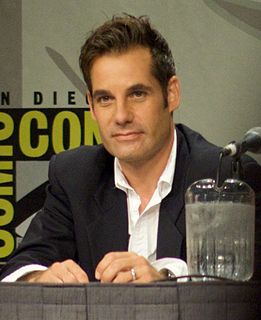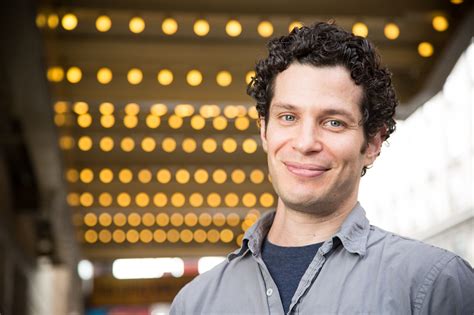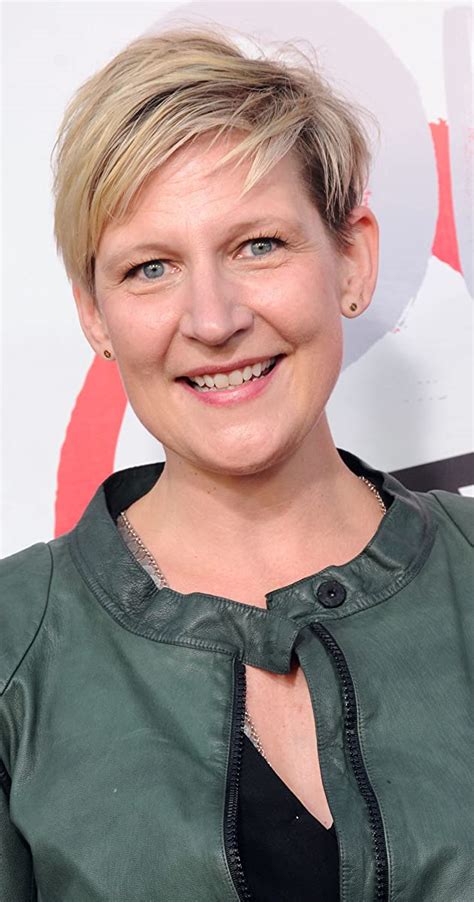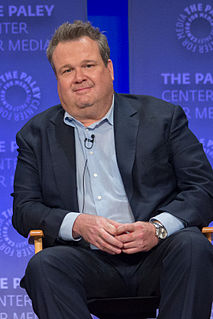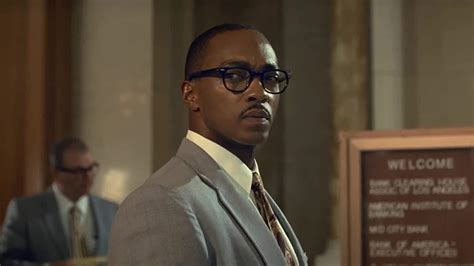A Quote by Adrian Pasdar
You really have to bring your game and know what you want to do. And then, there are the producers and the writers and the director on the other side of the glass, and what they want. You have to be malleable to what's going to work, and you have to stay in the framework of the context.
Related Quotes
Being goal-oriented instead of self-oriented is crucial. I know so many people who want to be writers. But let me tell you, they really don't want to be writers. They want to have been writers. They wish they had a book in print. They don't want to go through the work of getting the damn book out. There is a huge difference.
People don't want to pay for pitches. They want to see it. If you hear one more time, "Well, that's execution-dependent." Everything's execution-dependent! If there's something that's going to be a little bit more interesting than The Untitled Slinky Movie, then I think that writers that want to do interesting work and at the same time commercial work need to put it down on paper. So agents and producers that writers are working with are encouraging them to get it on paper because the studios like to see what they're buying rather than just imagine what it could be.
One of the challenges of being a director is often you don't get to work with your peers. You know, writers can write together, and as a director you get to work with so many wonderful actors and writers and designers. But it's pretty rare that you get a chance to partner in that way with another director.
The people who've done well within the [Hollywood] system are the people whose instincts, whose desires [are in natural alignement with those of the producers] - who want to make the kind of movies that producers want to produce. People who don't succeed - people who've had long, bad times; like [Jean] Renoir, for example, who I think was the best director, ever - are the people who didn't want to make the kind of pictures that producers want to make. Producers didn't want to make a Renoir picture, even if it was a success.
Choosing a director is like choosing a therapist - you want somebody who is going to be a step or two ahead of you, who can interpret and articulate your intentions better than you can, with the benefit of objectivity. I look for a collaborator who is going to help bring to life, on stage, in three dimensions, what is on the page. I wouldn't want a director who imposes conceits or distrusts the text or who has prejudged the characters.
With a director it's all about the work; I'd work with a great director over - you know, I'm not the kind of actor who that doesn't go, 'I want to play this role.' It's more like, 'I want to work with this director,' regardless of what the role is because if it's a good director, you'll probably find a good role because it's a decent film. But a mediocre director will always make a mediocre movie.
Most development doesn't make it to series. So you want the writer and director to have a really good experience with development because, if it doesn't work out, you want to work with them again. You have to know their work really well, know the drafts really well, and when you give notes, you need to have really thought them through.
You want to give the director what they want, and you don't always know exactly how it goes, so you want to try it a few different ways. You have to be flexible; you have to be in collaboration with the director; you have to be versatile. But you also want to be protective of what you really believe in and how you feel it should be portrayed.
The thing that I think a director has to have in order to make a movie really work, and to certainly make a film that feels personal, is that you have to have a sense of the feeling that you want to create in people, the tone which you want to tell the story, and the basic themes you want to come out. You can't compromise on those because you are then not making the movie that you are going to be good at telling.
